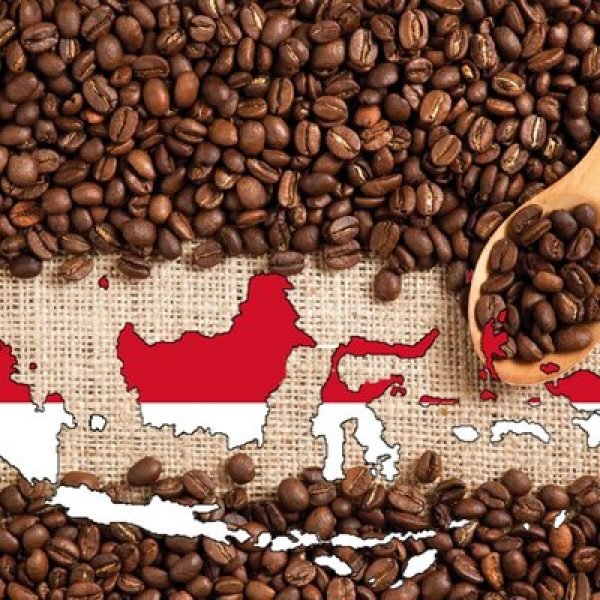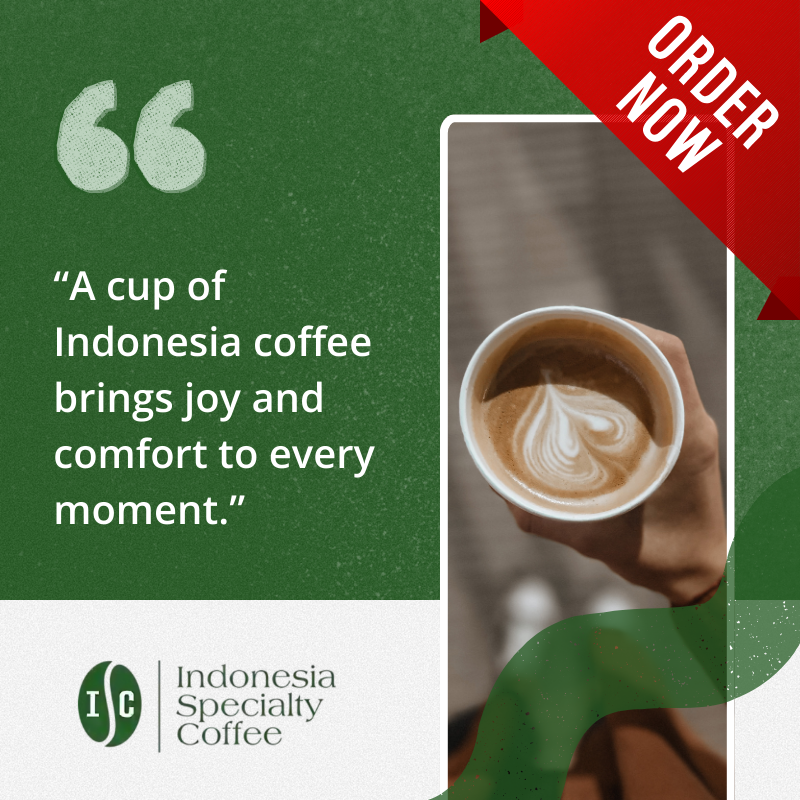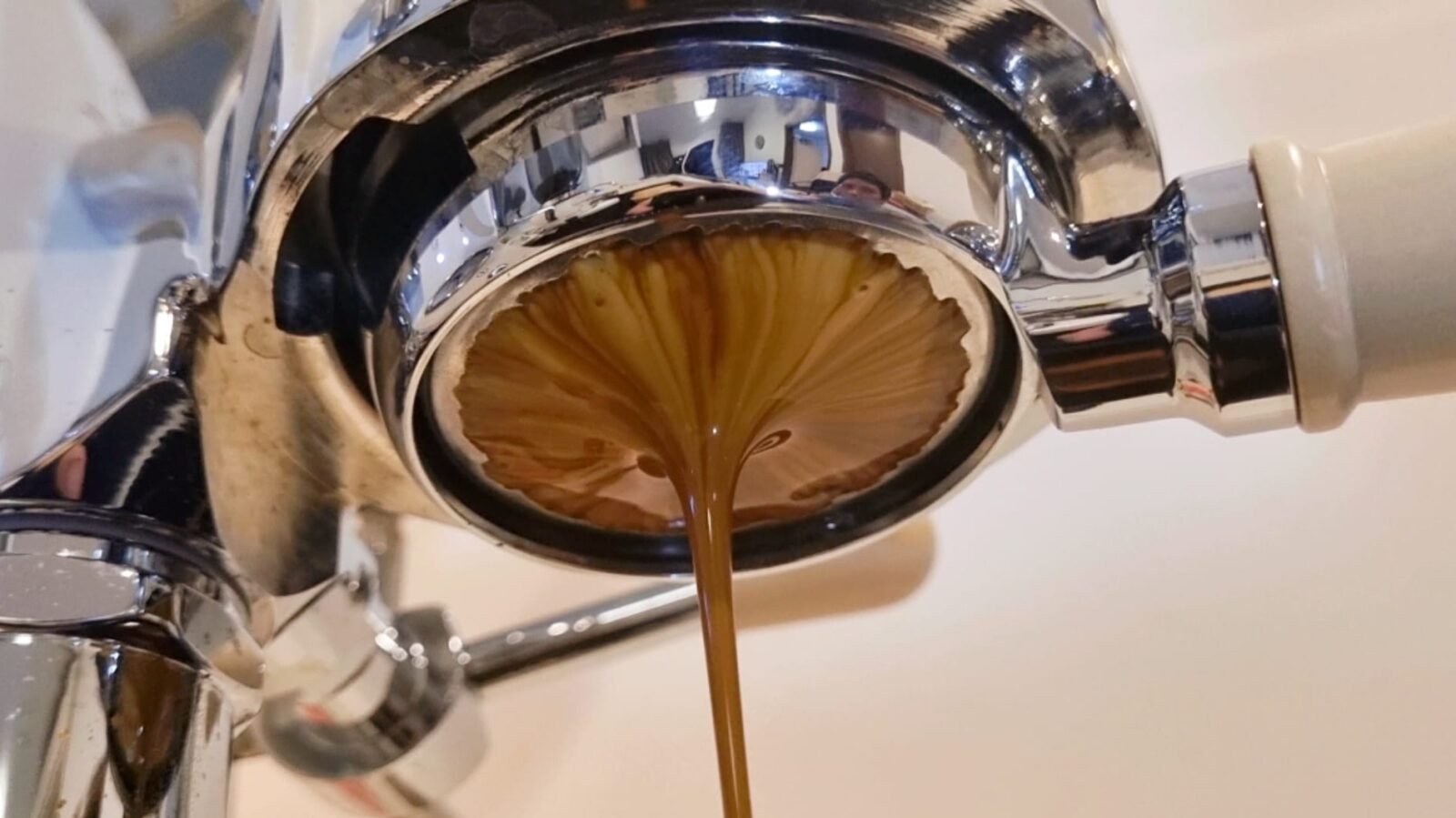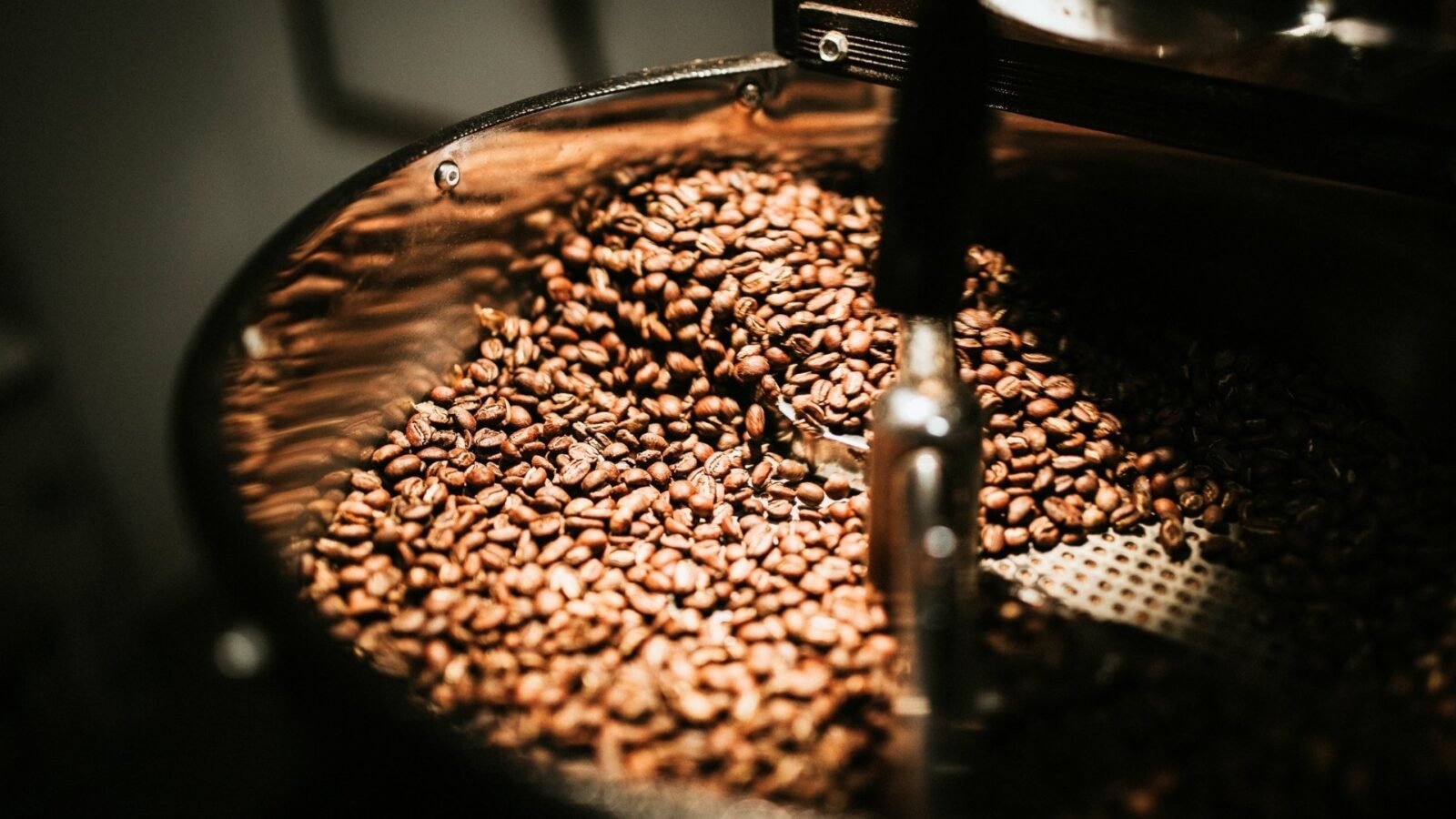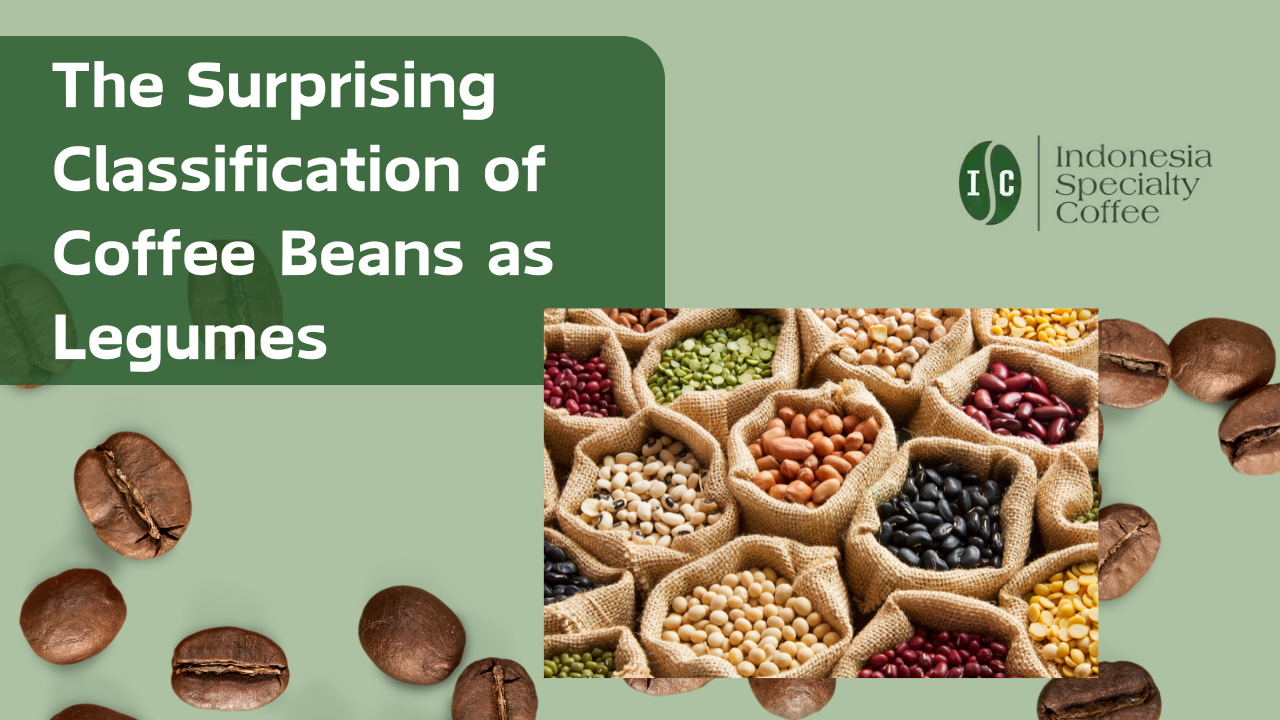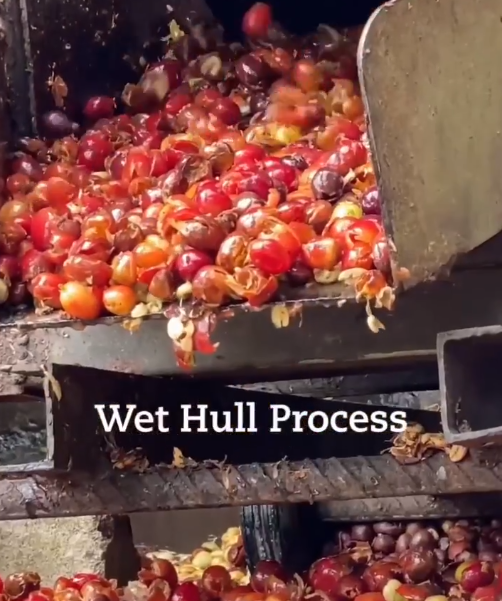From Farm to Cup – A Journey Worth Savoring
You take a sip of coffee, and a rich, earthy aroma fills the air. The taste is bold, with hints of chocolate and spice, followed by a smooth finish. This is not just any coffee—it’s Indonesian specialty coffee, a treasure waiting to be explored.
Indonesia has long been famous for its coffee, but beyond the well-known Sumatra and Java beans, there’s a world of exceptional flavors crafted by passionate farmers and dedicated suppliers. These specialty coffee beans are cultivated with care, using sustainable and ethical practices that enhance both quality and taste.
But what makes Indonesian specialty coffee truly special? And who are the suppliers bringing these incredible beans to the world? Let’s dive into this rich and flavorful journey.
Indonesia’s Coffee Heritage: A Legacy in Every Cup
Coffee has been an integral part of Indonesia’s culture since the Dutch first introduced it in the 1600s. Today, the country ranks among the world’s top coffee producers, with each region offering distinct flavor profiles:
- Sumatra – Earthy, full-bodied, with low acidity
- Java – Bright acidity with floral notes
- Bali – Rich body with hints of chocolate and spices
- Sulawesi – Sweet, fruity, and herbaceous
- Flores – Floral, bright acidity with a smooth finish
These unique characteristics are shaped by Indonesia’s diverse landscapes, volcanic soil, and high-altitude farms, creating flavors you won’t find anywhere else.
The Specialty Coffee Revolution: A New Era of Indonesian Coffee
Indonesia’s coffee industry is experiencing a transformation, with an increasing focus on specialty coffee—high-quality beans grown and processed with exceptional care. Unlike mass-produced coffee, specialty beans are graded for their superior taste, aroma, and sustainability.
Why Specialty Coffee is Taking Over
Sustainability Matters – Many Indonesian farmers now use organic methods, reducing chemical use and promoting biodiversity.
Fair Trade & Ethical Sourcing – Direct relationships between suppliers and farmers ensure fair wages and better livelihoods.
Unique Processing Techniques – The traditional wet-hulling method gives Indonesian coffee its signature smooth yet bold character.
This revolution isn’t just about better coffee—it’s about supporting the farmers and communities behind every cup.
The Ultimate Indonesian Coffee Experience
Each Indonesian specialty coffee variety tells a story. Here are some must-try options for true coffee aficionados:
Sumatra Mandheling
Tasting Notes: Earthy, spicy, with a heavy body
Perfect For: Those who love bold, low-acidity coffee
Java Arabica
Tasting Notes: Bright acidity, floral aroma, well-balanced
Perfect For: Classic coffee lovers seeking a smooth experience
Bali Blue Moon
Tasting Notes: Dark chocolate, spice, and a rich body
Perfect For: Those who enjoy deep, intense flavors
Sulawesi Toraja
Tasting Notes: Fruity, herbaceous, with a clean finish
Perfect For: Adventurous coffee drinkers who appreciate complexity
Flores Bajawa
Tasting Notes: Floral, medium-bodied, with bright acidity
Perfect For: Those who enjoy a delicate yet flavorful cup
These varieties showcase the true essence of Indonesian coffee, offering something unique for every taste.
Meet Indonesia’s Specialty Coffee Suppliers
Who ensures that these extraordinary beans make their way to your cup? Indonesia’s specialty coffee suppliers play a crucial role, working closely with farmers to maintain quality and sustainability.
Many suppliers prioritize:
Direct trade partnerships – Ensuring fair compensation for farmers
Eco-friendly farming – Using organic and sustainable practices
Meticulous processing & roasting – Enhancing each bean’s unique profile
One standout supplier is SpecialtyCoffee. We are committed to ethical sourcing and premium-quality beans, working directly with smallholder farmers to ensure every bean meets the highest specialty coffee standards. Through sustainable practices and a dedication to fair trade, we are proud to bring the finest Indonesian specialty coffee to enthusiasts worldwide.
Learn more about Indonesia’s specialty coffee suppliers in this article.
From Farm to Cup: The Incredible Journey of Indonesian Coffee
Ever wondered how your coffee gets from a remote farm in Indonesia to your morning cup? Here’s the process:
Step 1: Cultivation & Harvesting
Farmers carefully grow and handpick the ripest cherries to ensure the best quality.
Step 2: Processing
Beans undergo traditional wet-hulling or other methods to develop their unique flavors.
Step 3: Drying & Sorting
The beans are sun-dried and sorted based on size, weight, and defects to ensure only the best make the cut.
Step 4: Roasting
Expert roasters bring out the rich flavors through carefully controlled roasting techniques.
Step 5: Packaging & Shipping
The coffee is packed with care and shipped worldwide to be enjoyed by coffee lovers like you!
This intricate process reflects the dedication and craftsmanship of Indonesia’s coffee industry.
Why You Should Explore Indonesian Specialty Coffee
Indonesian coffee isn’t just about caffeine—it’s about an experience. Each sip connects you to a centuries-old tradition, the hard work of farmers, and the innovation of suppliers who are redefining the coffee industry.
Next time you brew a cup, ask yourself:
- Are you drinking coffee that supports ethical farming?
- Have you explored the diverse flavors Indonesia has to offer?
- Do you want to be part of the specialty coffee movement?
If the answer is yes, it’s time to dive into the world of Indonesian specialty coffee and discover what makes it truly extraordinary.
So, which Indonesian coffee will you try first?
If you’re looking for an authentic experience, we are here to bring you the finest Indonesian specialty coffee, sourced directly from dedicated farmers. Whether you crave the bold richness of Sumatra Mandheling, the smooth balance of Java Arabica, or the exotic notes of Flores Bajawa, we are ready to deliver fresh, ethically sourced beans right to your cup.
Discover the difference with SpecialtyCoffee—where every sip tells a story. Browse our selection today and find your perfect brew!

